The views expressed in our content reflect individual perspectives and do not represent the authoritative views of the Baha'i Faith.
According to the National Domestic Violence Hotline, 35.6% of women in the US “have experienced rape, physical violence, and/or stalking by an intimate partner in their lifetime.”
This domestic violence is most common among women between the ages of 18-24.
I used to wonder why women would stay in emotionally and physically abusive relationships. I understood that some women are afraid of what their partners will do to them, or the people they love, if they leave, and others can’t financially afford to leave their partner, or they have such low self-esteem that they don’t believe that they can find anyone better. But, those reasons still didn’t explain why many women stay in these abusive relationships, because they think that their significant other will change if they just love them more or strive to be the best girlfriend or spouse that they can be.
I now realize that it’s hard for women not to think that way. Abdu’l-Baha, one of the central figures of the Baha’i Faith, said:
The world in the past has been ruled by force, and man has dominated over woman by reason of his more forceful and aggressive qualities both of body and mind.
We live in a male-dominated culture that bombards us with sexist and oppressive messages from a young age. Before some women end up in controlling and abusive relationships, they are already psychologically manipulated by entertainment that romanticizes domestic violence.
Let’s take a look at how movies encourage women to ignore the warning signs of an unhealthy relationship dynamic by teaching us that our romantic love can change even the cruelest of people.
Examples of Non-Consent, Sexual Harassment, and Domestic Violence in Movies
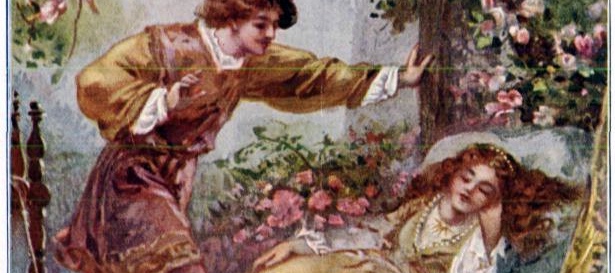
Growing up, I absolutely loved the animated 1991 Disney film, “Beauty and the Beast.” I identified with Belle — an intelligent, independent, and introverted young woman who spent more time reading than socializing. Many people around her couldn’t understand her love of books, but I knew that they allowed her to escape and temporarily forget the cruelty of her peers.
In the cartoon movie, Belle’s father got lost while he was traveling and lost his horse that night. It was cold, dark, and rainy as wolves chased him to the Beast’s castle. He ran onto the Beast’s property for safety and opened the door to the castle, hoping to seek shelter for the night. Lumiere, the talking candelabra, invited him to warm himself by the fire. When the Beast saw that Belle’s father had entered his home, he was outraged and decided to imprison him for life. The Beast only agreed to set him free when Belle offered to take her father’s place in captivity. Belle and the Beast later “fell in love,” and their “true love” transformed the Beast, and all of his servants, back into people again.
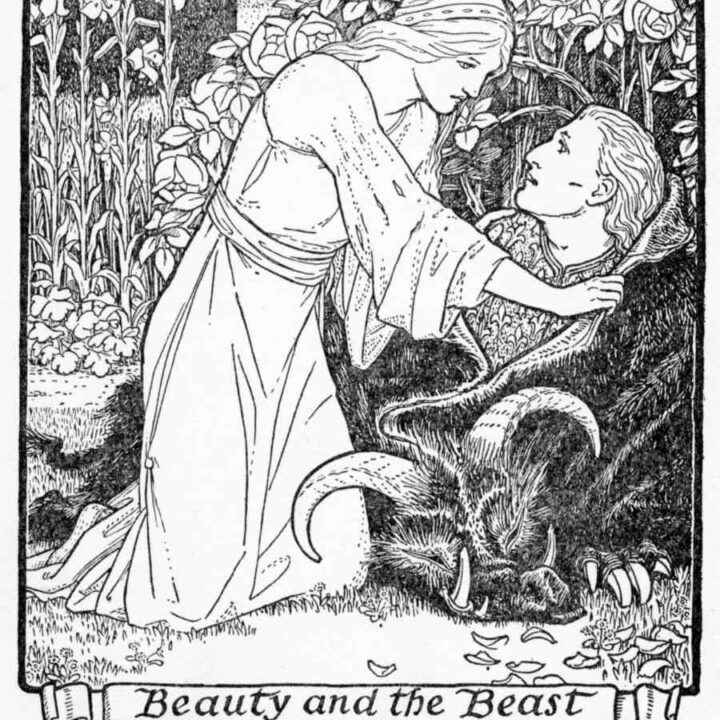
Up until I was in college, I thought this was a beautiful love story about giving people second chances and learning that true beauty is found within until I read a thesis for homework about how the film encourages viewers “to accept and tolerate abuse against women.” When I watched the movie again, I realized the warning signs of an abusive relationship were all there.
Like abusers in real life, the Beast isolated Belle from her family, used intimidating postures and threatening gestures, like breaking tables and slamming doors, to terrorize her, and attempted to control her by saying, “If she doesn’t eat with me, then she doesn’t eat at all.” He also had angry outbursts, severe mood swings, unfair and unrealistic expectations of Belle, and even threatened to break down her door if she didn’t come out of her room.
I realized that this wasn’t a sweet love story. It was a romanticism of domestic violence and Stockholm syndrome — the coping mechanism that develops among some captives who form psychological bonds with their captors and begin to have positive feelings toward them. And, this wasn’t the only movie I grew up watching that romanticized sexual harassment and assault.
The Disney animated films, “Snow White and the Seven Dwarfs” and “Sleeping Beauty,” celebrate princes for kissing women while they are unconscious and unable to give consent. The Disney version is still much better than the horrific original tale of Sleeping Beauty where a married king finds an unconscious girl and rapes her. The girl, whose name was Talia in the original story, was impregnated, and fairies helped deliver the babies while Talia was unconscious. To make a long story short, one of Talia’s babies sucked out the splinter from her finger and woke her up, and the king later returned and married her, and they lived “happily ever after” — after he had his wife killed for trying to kill Talia. This was a classic example of pitting women against each other when they both were wronged without the man receiving any kind of punishment or consequences.
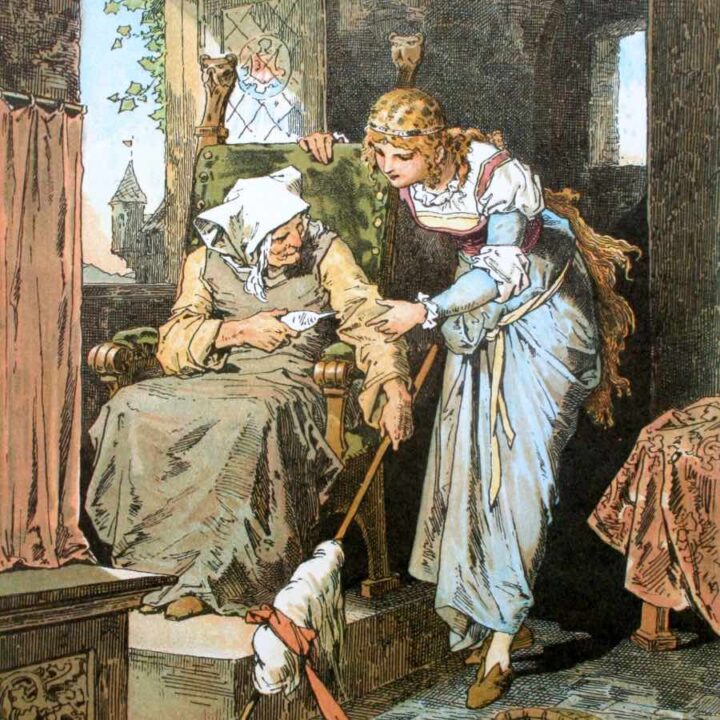
As stated in a letter written on behalf of the Universal House of Justice, the global governing body of the Baha’i Faith:
The use of force by the physically strong against the weak, as a means of imposing one’s will and fulfilling one’s desires, is a flagrant transgression of the Bahá’í Teachings. There can be no justification for anyone compelling another, through the use of force or through the threat of violence, to do that to which the other person is not inclined.
These justifications for toxic relationships don’t only exist in old movies. The 2008 teen romance movie and 2005 novel, “Twilight,” glorified Edward and Bella’s unhealthy and obsessive relationship. Before they became a couple, Edward would stalk Bella and sneak into her room to watch her sleep every night. Instead of being described as the creepy stalker he was, the novel and movie depicted Edward as a caring man who was just watching over someone he was intrigued by. Their relationship became especially obsessive in part 2 of the five-part movie series when they both attempted to commit suicide because they couldn’t live without each other when they were apart.
And let’s not forget the infamous comic book characters, the Joker and Harley Quinn. In the 2016 movie, “Suicide Squad,” the Joker strapped her to a table, shocked her brain, and also encouraged her to fall into a vat of toxic paint to prove her love for him. She remained in love with him throughout the entire film.
How Romanticizing Domestic Violence in Movies Harms Victims of Domestic Violence
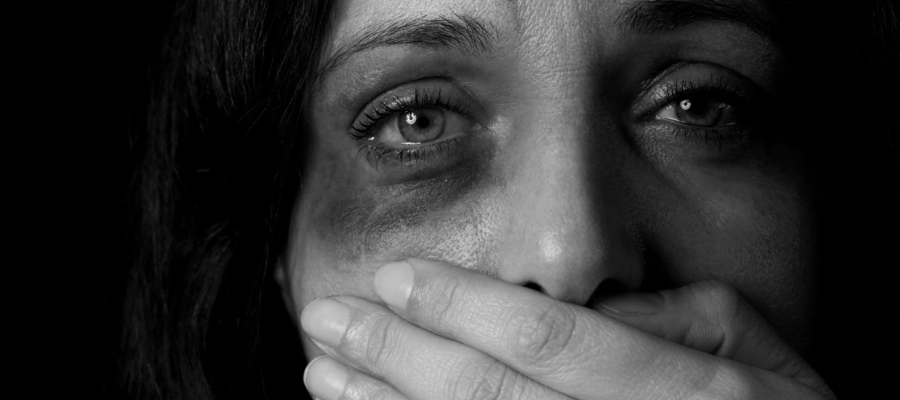
These are just a few of the many sick and twisted tales that make light of sexual harassment, domestic violence, and rape culture. Not only does exposure to violent movies increase the risk of children and adults behaving more aggressively, but it also gives young girls the unhealthy message that they exist to please their partner, and if they love an abusive man, they can still live happily ever after.
In the article, “Movies Romanticize Abuse Against Women: What’s the Danger?,” by Emma-Marie Smith, a former victim of domestic violence, she wrote:
“Defenders of movies like ‘Fifty Shades of Grey’ and ‘Twilight’ will argue that the audience can differentiate between what they see on screen and what happens in real life — but the trouble is, many of them can’t. Granted, some people are more impressionable than others, but I consider myself an educated, self-aware, open-minded feminist; yet, if I’d watched this movie when I was in an abusive relationship a few years ago, I can tell you the exact effect it would have had on me. I would have said to myself:
- ‘See, this does happen in other relationships.’
- ‘It just means he has an intense, uncontrollable passion and love for you, like Christian Grey.’
- ‘You just have to accept this about him.’
- ’If you stay with him despite his abuse, he will change eventually.’
- ’You will be the one to change him, like Ana.’”
Victims of domestic violence are vulnerable to the messages that these movies send because they want to believe that their abusers will change and that their struggle was worthwhile. It is insensitive and dangerous to normalize, accept, and tolerate such toxic and violent behavior.
According to a letter written on behalf of the Universal House of Justice:
Among the signs of moral downfall in the declining social order are the high incidence of violence within the family, the increase in degrading and cruel treatment of spouses and children, and the spread of sexual abuse.
It is essential that the members of the [Baha’i community] take utmost care not to be drawn into acceptance of such practices because of their prevalence.
They must be ever mindful of their obligation to exemplify a new way of life distinguished by its respect for the dignity and rights of all people, by its exalted moral tone, and by its freedom from oppression and from all forms of abuse.
“These films endorse abuse against women and make young men think that women crave control and dominance in a relationship,” Emma-Marie wrote. “To young women, these male leads seem glamorous and brooding and a challenge to be met rather than selfish, manipulative and, quite frankly, dangerous men who will only bring them emotional and physical pain.”
Let’s please stop romanticizing abusive relationships and perpetuating a culture of violence.


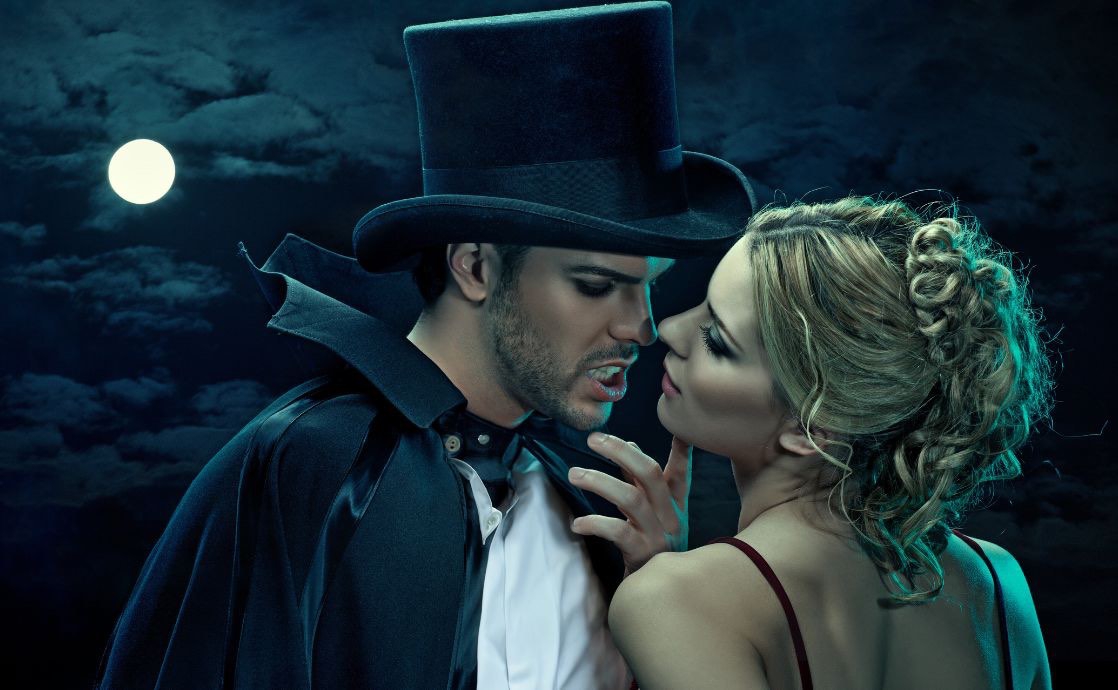


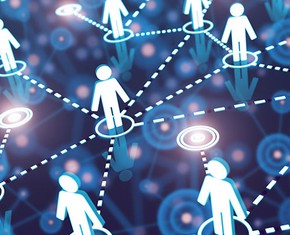
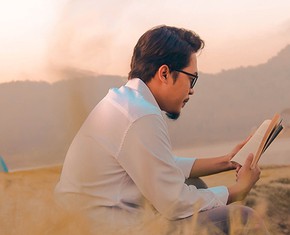









Comments
Sign in or create an account
Continue with Googleor